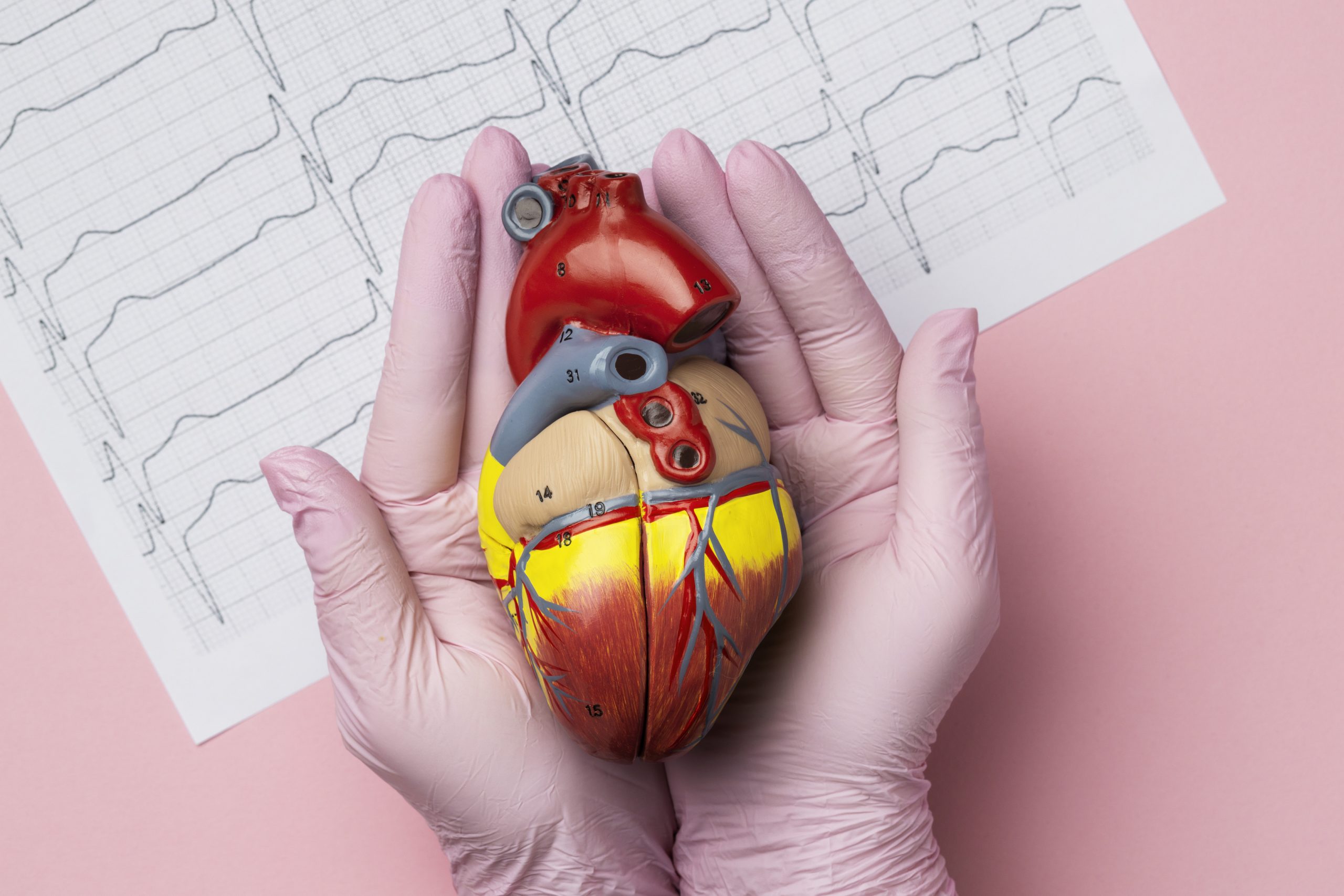

A team of medical experts from Montefiore Medical Center and Albert Einstein College of Medicine in New York discovered that cardiac donors infected with the SARS-CoV-2 virus increase mortality risk for recipients. The scientists analyzed data from the United Network for Organ Sharing (UNOS) database relating to COVID-19 in their study, which was published in the Journal of the American College of Cardiology.
Previous autopsy research has revealed that, while transmissible SARS-CoV-2 viruses are mostly detected in the respiratory tract, proteins linked to the virus can be identified in other areas of the body, including the heart. The researchers behind this new initiative investigated the impact of heart transplants from COVID-19-infected patients who died from other causes (most commonly head trauma).
The researchers examined UNOS data for instances of cardiac donors who were also discovered to be infected with the SARS-CoV-2 virus from May 2020 to June 2022. They also collected information from donors who had been infected prior to donation but had recovered before death.
In total, the researchers discovered 150 donors who were infected at the time of death and 87 who died not long after recovering from an infection. They also gathered information on similar patient types from donors who had no history of infection.
When they examined their data, they discovered that patients who received a heart from an infected donor had a 13.8% mortality rate at six months, compared to 4.9% for those who had not been infected. The rates after one year were 23.2% and 9.2%, respectively. The researchers also discovered that the rate disparities in patients receiving hearts from donors who had recovered from their infections before donating were essentially equal to those in patients receiving hearts from donors who had never been sick.
Based on their findings, the team concludes that donors should be checked for COVID-19 before donating a heart or any other organ.
more recommended stories
 Red Blood Cells Improve Glucose Tolerance Under Hypoxia
Red Blood Cells Improve Glucose Tolerance Under HypoxiaKey Takeaways for Clinicians Chronic hypoxia.
 Nanoplastics in Brain Tissue and Neurological Risk
Nanoplastics in Brain Tissue and Neurological RiskKey Takeaways for HCPs Nanoplastics are.
 AI Predicts Chronic GVHD Risk After Stem Cell Transplant
AI Predicts Chronic GVHD Risk After Stem Cell TransplantKey Takeaways A new AI-driven tool,.
 Red Meat Consumption Linked to Higher Diabetes Odds
Red Meat Consumption Linked to Higher Diabetes OddsKey Takeaways Higher intake of total,.
 Pediatric Crohn’s Disease Microbial Signature Identified
Pediatric Crohn’s Disease Microbial Signature IdentifiedKey Points at a Glance NYU.
 Nanovaccine Design Boosts Immune Attack on HPV Tumors
Nanovaccine Design Boosts Immune Attack on HPV TumorsKey Highlights Reconfiguring peptide orientation significantly.
 High-Fat Diets Cause Damage to Metabolic Health
High-Fat Diets Cause Damage to Metabolic HealthKey Points Takeaways High-fat and ketogenic.
 Acute Ischemic Stroke: New Evidence for Neuroprotection
Acute Ischemic Stroke: New Evidence for NeuroprotectionKey Highlights A Phase III clinical.
 Statins Rarely Cause Side Effects, Large Trials Show
Statins Rarely Cause Side Effects, Large Trials ShowKey Points at a Glance Large.
 Anxiety Reduction and Emotional Support on Social Media
Anxiety Reduction and Emotional Support on Social MediaKey Summary Anxiety commonly begins in.

Leave a Comment